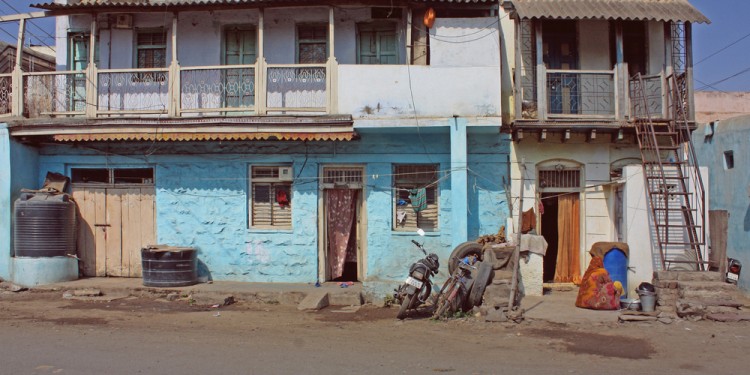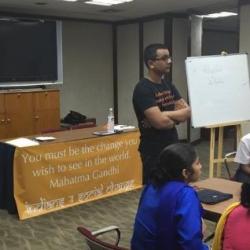Caste-Based Rape in India

Introduction
Caste-based rape is a tool of domination that the upper castes use against lower caste women. The lowest caste, Dalits (or untouchables), face sexual violence from higher castes.
There is a huge history of caste violence and inter-caste warfare that precedes modern-day caste-based sexual violence. However, one striking historical occurrence largely shaped the power dynamic. In some regions, newly wed Dalit women would have to sleep with the higher-caste landowners on their wedding night. This type of caste-based gender power dynamic highly influenced modern relations.
Problem
Dalit women are the largest group of rape victims and often families impose restrictions on their daughters to protect them from the rapists. These restrictions not only prevent social mobility for the women, but are also often not enough to stop the sexual violence. They also promote the notion of restricting women rather than directing the change towards the root of the problem (the men). Women shouldn’t have to change their lifestyle to feel safe, the justice system should be easier for Dalit women to access, and men should be taught to refrain from the act which is based upon a decades old power dynamic.
The criminal justice system is evidently harder for the Dalit women to access. Often, police officers will say things like:
“How can you have been raped? You’re a Dalit- touching you would make anyone spiritually impure.” (Reported by Manisha Marshaal, Dalit Women Fight)
Convictions are low as Dalit women’s testimonies aren’t given as much weight if the case is registered and the community often supports the upper caste perpetrators making it even easier for them to get away with their crime.
There are often cases where the governing body (mostly a gram panchayat) will order the rape of the woman as punishment for either the woman or for a male member of her family (as it is considered a way to disgrace the whole family).
When the government and justice system itself are in favor of the perpetrators, it become impossible for caste-based rape cases to be taken seriously by society.
Prevalence
There are over 100 million Dalit women in India. India’s National Crime Records Bureau reports that more than four Dalit women are raped every day in India.
According to one study, over 23% of Dalit women reported being raped, and many reported multiple instances of rape. Often, these occurrences are from upper caste men who know they won’t be persecuted, and the victim won’t be believed. While the conviction rate for rape is already low in India, one study found that it is close to 2% for those involving Dalit women.
In the big picture of caste-based rape in India, the Union for Civil Liberties in Uttar Pradesh found that 90% of rape victims were Dalit women.
Possible Solutions
As with all other rape incidents, the most important reform and approach to solving the problem is doing so without blaming women, expecting them to change their way of living to avoid being raped, or asking them to conform to societal norms.
“Dalit communities have long suffered serious abuses, but the state response has fallen short. The government should undertake systemic changes for proper enforcement of laws, and ensure that public officials, including the police, are held accountable when they fail in their duty.” (De Rivero, Geneva advocacy director at Human Rights Watch)
This is a really difficult issue, because it requires dealing with centuries of historical problems. Awareness and education of caste tolerance and gender equality are important in the long term.
Caste-based power dynamics need to be challenged by empowering lower caste families, especially women, to be economically self-sufficient. Panchayats in villages also need to be controlled on how and who they punish.
In the short term, we need to focus on better legal protection for the victims. More cases need to be reported, pursued, and convicted. One report indicates that half of the cases started are closed before they even reach court.




